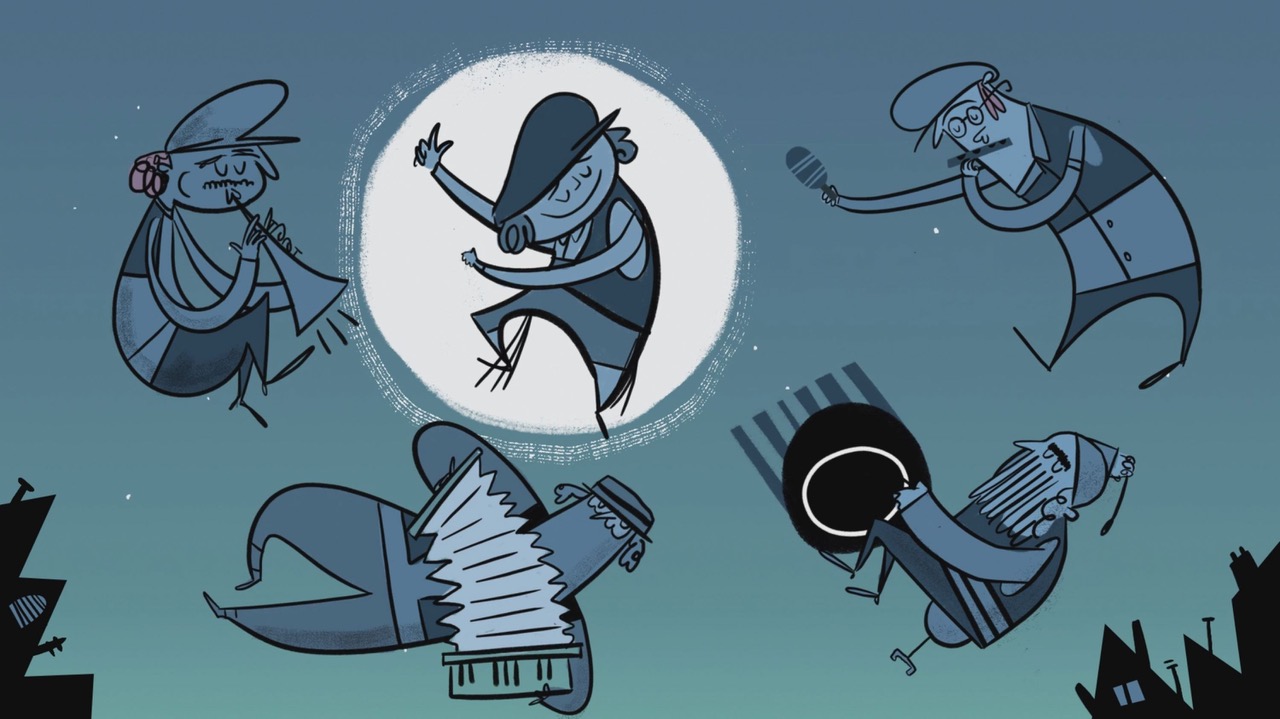Happening Now
May 1, 2021
to December 31, 2024
FilmMatters, is the Toronto Jewish Film Foundation’s educational outreach programme for elementary – secondary school students and teachers across the GTA.

From a magical-realist comedy set in Hasidic Brooklyn, to two masterly-directed films based on stories by Sholem Aleichem and Franz Kafka, TJFF presents an eclectic collection of wonderful new shorts films from around the world, produced in the Yiddish language. Plus, two charming English shorts show a younger generation reflecting on the Yiddish language and values they have inherited.
Films available from October 29-30. Purchase your ticket here.
Zoom Q & A with Director Ivan Orlenko (In Our Synagogue), Writer Ilan Stavans (The Silence of Professor Tosla), Director Emily Cheeger (Holy Woman), Producer Ashley George (Holy Woman) to take place on Saturday, October 31 at 1pm. JOIN Q & A HERE
Ashkenaz Festival, Committee for Yiddish
TJFF virtual platform and Zoom